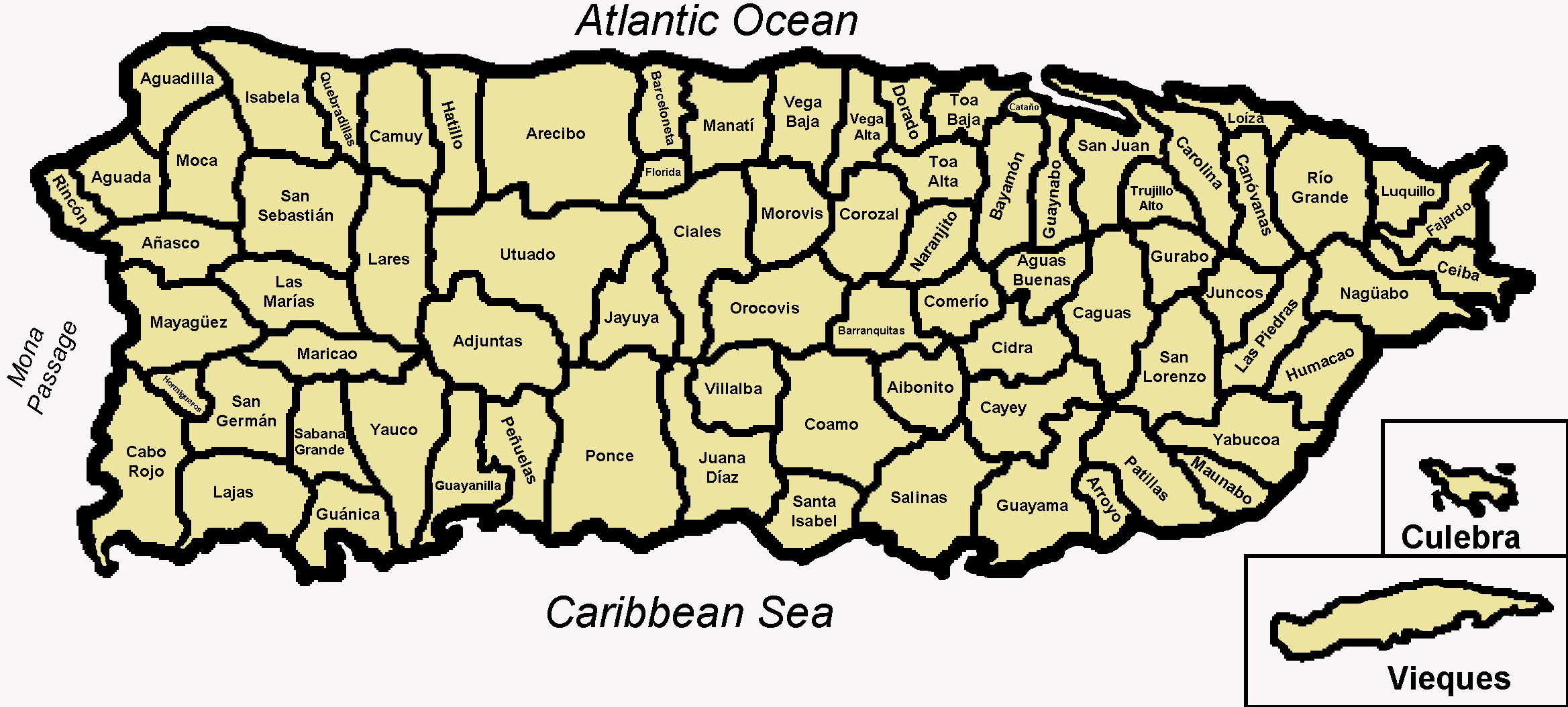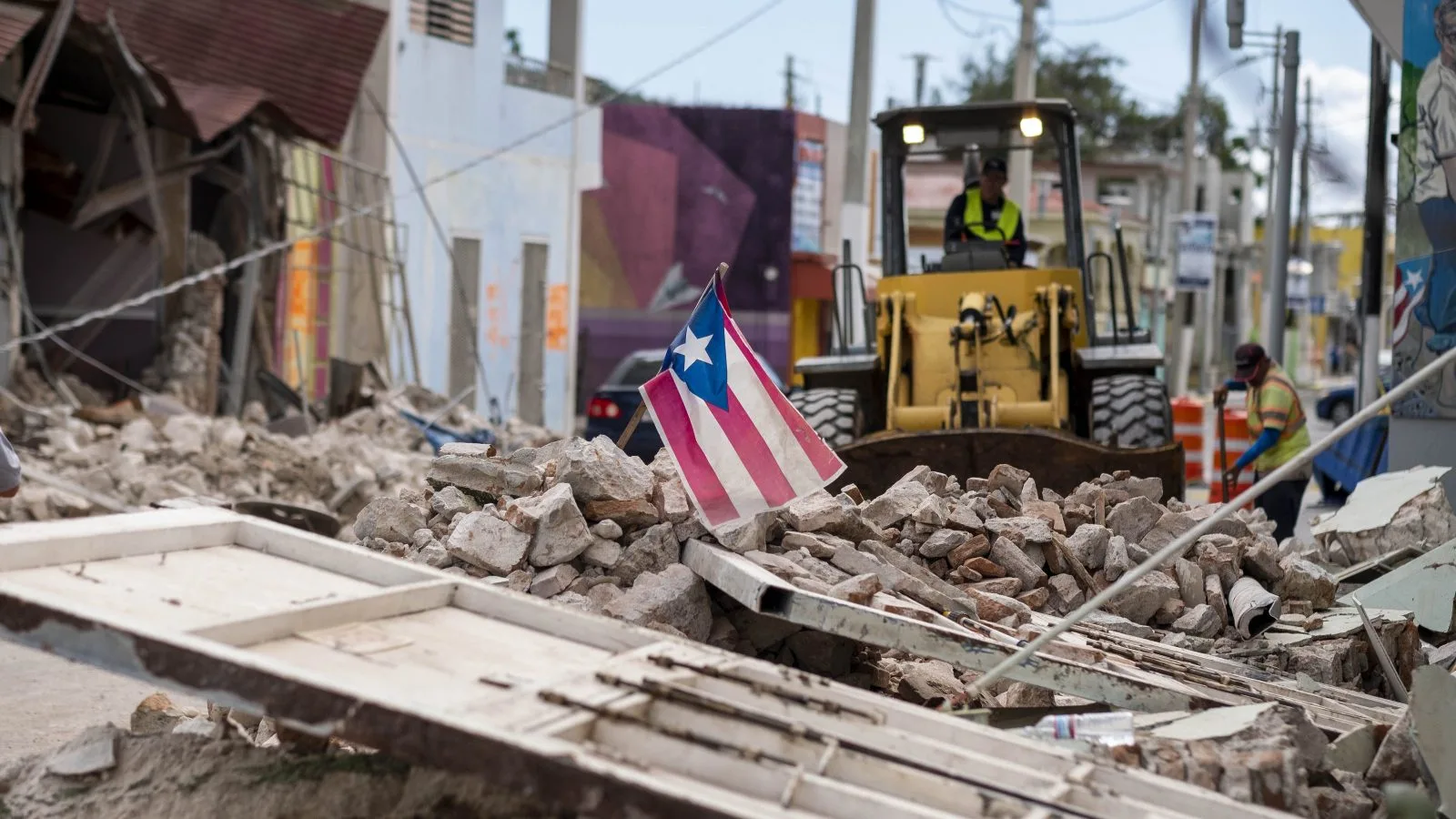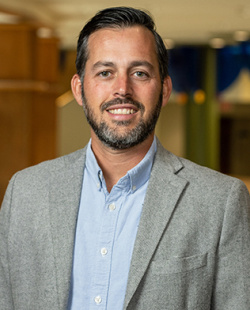
Climate change & colonialism as drivers of public health
Historically, scientists and academics have warned about the potential human impacts of global climate change, leading public health experts to categorize the climate crisis as a public health emergency. Research has established that climate change can impact health by worsening extreme weather conditions, affecting the availability and quality of natural resources, increasing the frequency and intensity of natural hazards associated with disasters, and through several other mechanisms. Moreover, a growing body of literature has examined the after-effects of major disaster events and has found that these are associated with increased psychological distress, PTSD, body weight and composition, infectious disease incidence, depression, mortality, and other physical and mental health conditions. Importantly, research has found that racial and ethnic minorities, women, older adults, and children are at increased risk of adverse reactions to these events. Colonialism and other social structures likely play an important role as a fundamental cause of observed unequal impacts of climate change on health but has been scarcely studied.
Our study applies approaches at the intersection of social and environmental epidemiology to consider climate change, environmental hazards, and the role of colonialism as a determinant of health during disasters. In particular, we are considering these phenomena in Puerto Rico, a U.S. territory that has been afflicted by a myriad of disaster events over the past decade, including hurricanes, earthquakes, and the COVID-19 pandemic. Moreover, the island’s political and economic relationship with the U.S. as a territory has been categorized by social and political scientists as a colonial relationship and has been cited as one of the main causes of Puerto Rico’s economic hardship in recent decades.  While colonialism has been scarcely examined as a structural determinant of health, we theorize that it could potentially work through similar mechanisms as other socio-structural conditions such as racism and sexism, since sociologic and economic research has found that colonialism results in draining of wealth, expropriation of land, control over production and trade, exploitation of natural resources, outflow of financial resources, and limited social and economic development. This is particularly important in the context of global climate change because places like Puerto Rico face a unique set of social conditions that worsen vulnerability to health impacts from climate-related hazards.
While colonialism has been scarcely examined as a structural determinant of health, we theorize that it could potentially work through similar mechanisms as other socio-structural conditions such as racism and sexism, since sociologic and economic research has found that colonialism results in draining of wealth, expropriation of land, control over production and trade, exploitation of natural resources, outflow of financial resources, and limited social and economic development. This is particularly important in the context of global climate change because places like Puerto Rico face a unique set of social conditions that worsen vulnerability to health impacts from climate-related hazards.
Our research project seeks to understand the impact of multiple disaster events on health and well-being and to consider the role of colonialism in this relationship. The project aims to identify barriers and resiliency factors for disaster adjustment, describe health and well-being trajectories post-disaster, examine the contrast between disaster experiences, and explore participant’s self-perceptions of colonialism and how it has impacted their disaster experiences. This research will help elucidate pathways and structural factors that contribute to the biological responses to climate change in human populations; in other words, how do these multiple factors work together to get ‘under the skin’, and how might the perceptions of people living in a climate-change-vulnerable location inform strategies for prevention and adaptation.  To achieve this, we conducted 30 semi-structured in-depth interviews with current residents of Puerto Rico who lived in the U.S. territory between 2017 and the end of 2021. These interviews were conducted between June and July of 2022 and are currently being transcribed and analyzed. We utilized a convenience sample approach to recruit participants to represent five geographic sectors across Puerto Rico to account for different proximity to and experiences with disasters, diverse economic and political backgrounds, and geographic differences. Interviews explored participants’ experiences with the three main disasters that have affected Puerto Rico, their physical and mental health trajectories during this period, barriers and resiliency factors for health and well-being during disaster times, the contrast between different disaster experiences, and their perspectives on the role of colonialism in the relationship between disaster exposure and health.
To achieve this, we conducted 30 semi-structured in-depth interviews with current residents of Puerto Rico who lived in the U.S. territory between 2017 and the end of 2021. These interviews were conducted between June and July of 2022 and are currently being transcribed and analyzed. We utilized a convenience sample approach to recruit participants to represent five geographic sectors across Puerto Rico to account for different proximity to and experiences with disasters, diverse economic and political backgrounds, and geographic differences. Interviews explored participants’ experiences with the three main disasters that have affected Puerto Rico, their physical and mental health trajectories during this period, barriers and resiliency factors for health and well-being during disaster times, the contrast between different disaster experiences, and their perspectives on the role of colonialism in the relationship between disaster exposure and health.
Researchers Involved:







